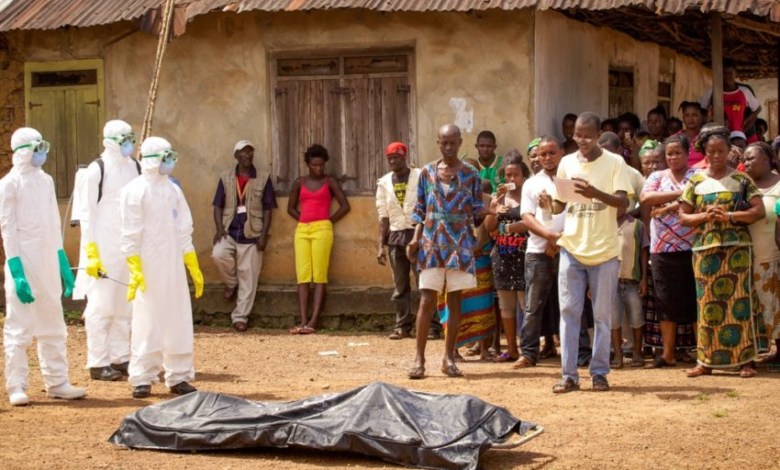Ebola Virus Disease Resurfaces In Uganda
The Sudan Ebolavirus which has now broken out in Uganda has been absent in the country for a decade.

Authorities in Uganda, East Africa, have declared an outbreak of the Ebola disease virus in the country.
World Health Organisation (WHO) reports that the declaration was made on Tuesday, Sept. 20, after The Uganda Virus Research Institute confirmed a case of the Sudan strain of the virus in Mubende district, a region located in the central part of Uganda.
Investigations carried out by the country’s National Rapid Response Team into 6 unusual deaths in the district led to the conduction of tests by the institute.
Eight persons suspected to be carriers of the virus have been isolated and are presently receiving needed health care.
Doctor Matshisido Moeti, WHO Regional Director for Africa while commenting on the development noted that Uganda has not recorded an outbreak of the “Sudan Ebola” since 2012, adding that the WHO is presently working in tandem with Ugandan health authorities in order to determine the source of the current outbreak, “while supporting the efforts to quickly roll out effective control measures.”
Of the seven previous outbreaks of the Sudan Ebola in the African continent, four were recorded to have occurred in Uganda while three were in Sudan.
The WHO describes Ebola virus disease (EVD) as “a severe, often fatal illness affecting humans and other primates.” Mostly transmitted through direct contact with bodily fluids of infected persons and surfaces as well as contacts with wildlife such as fruit bats, porcupines, and other primates, the virus has been known to have a case fatality rate of 50 per cent, varying from 25 to 90 per cent in past outbreaks.
An outbreak of the virus between 2014-2016 in western Africa killed more than 11,300 people and infected over 28,600 people, making it the worst outbreak of the Ebola virus since it was discovered in 1976.
In Aug. 2014, while the outbreak raged on, the WHO deployed a team of doctors and health workers from Uganda to Liberia to provide medical assistance in a treatment centre in the country.
The decision of the deployment by the WHO was informed by the “vast experience in managing Ebola outbreaks, having faced many cases of the disease since 2000.”
It is also on this premise that the WHO has expressed confidence in the ability of the country to contain the spread of the virus which has now resurfaced once more.
“Uganda is no stranger to effective Ebola control. Thanks to its expertise, action has been taken to quickly detect the virus and we can bank on this knowledge to halt the spread of the infections,” WHO Regional Director for Africa has said.
Support Our Journalism
There are millions of ordinary people affected by conflict in Africa whose stories are missing in the mainstream media. HumAngle is determined to tell those challenging and under-reported stories, hoping that the people impacted by these conflicts will find the safety and security they deserve.
To ensure that we continue to provide public service coverage, we have a small favour to ask you. We want you to be part of our journalistic endeavour by contributing a token to us.
Your donation will further promote a robust, free, and independent media.
Donate HereStay Closer To The Stories That Matter




